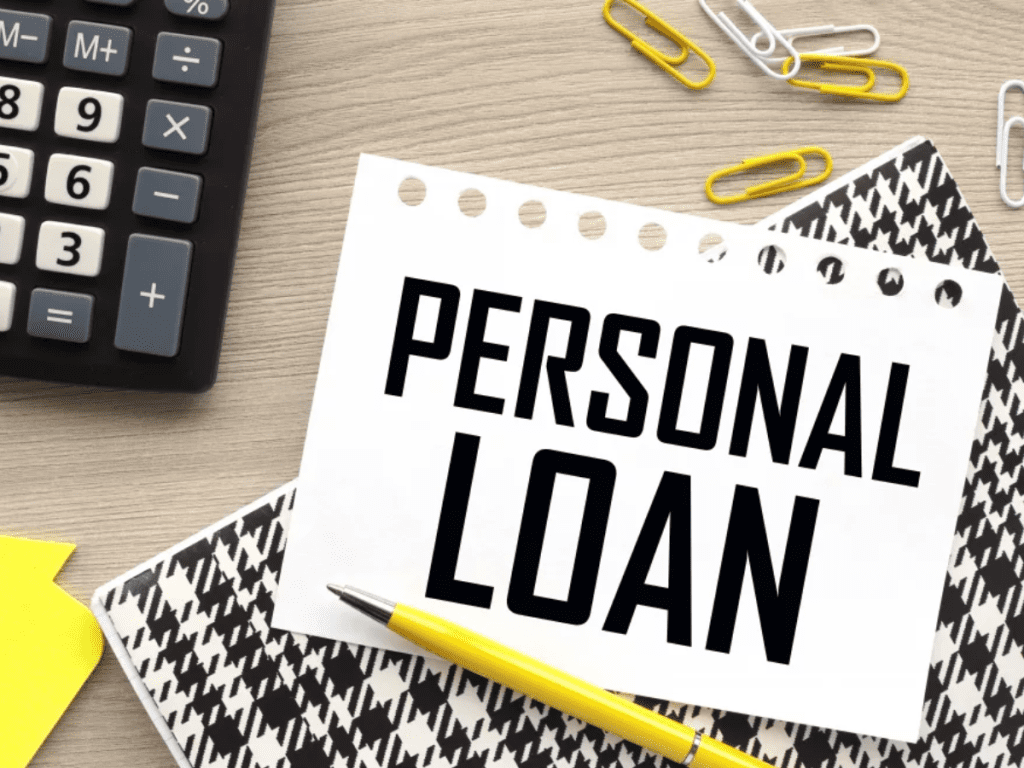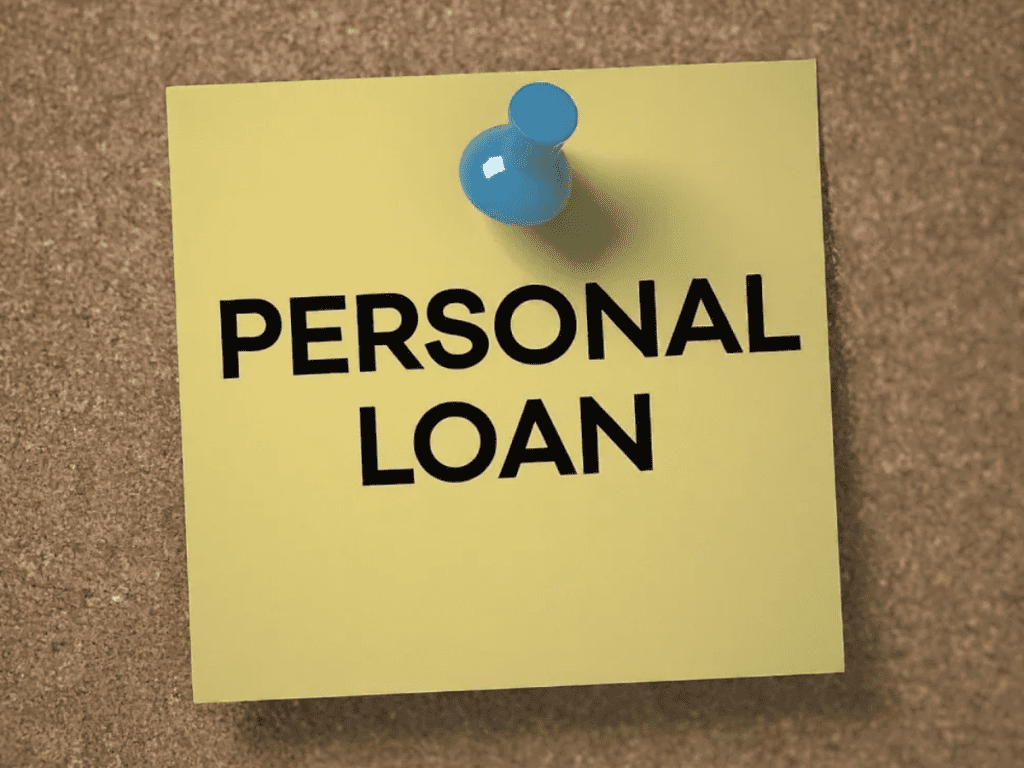Introduction
Personal loans have become a popular choice for individuals who need financial assistance for a variety of reasons. Whether it’s for consolidating debt, funding a big purchase, or covering unexpected expenses, personal loans can provide immediate relief. However, before committing to borrowing money, it’s essential to understand the pros and cons of personal loans, the various types available, and the factors that can affect your eligibility and loan terms.
What Is a Personal Loan?
A personal loan is an unsecured loan that provides borrowers with a lump sum of money that can be used for nearly any purpose. Unlike mortgages or auto loans, which are secured by assets such as a home or car, personal loans do not require collateral. This means that if you default on the loan, the lender cannot seize any property to recover their losses. However, this lack of collateral often means that personal loans come with higher interest rates compared to secured loans.
Personal loans are typically offered by banks, credit unions, and online lenders. The amount you can borrow depends on your creditworthiness, income, and the lender’s policies, but they generally range from a few hundred dollars to $50,000 or more. Loan terms can vary, with repayment periods typically ranging from 12 months to seven years.
Reasons People Take Out Personal Loans
People take out personal loans for a variety of reasons. Some common uses include:
- Debt Consolidation: If you have multiple high-interest debts, such as credit card balances, a personal loan can be used to consolidate them into a single loan with a lower interest rate. This simplifies your finances and potentially saves you money on interest.
- Medical Expenses: Unexpected medical bills can be a financial burden. A personal loan can provide the funds needed to cover medical procedures, treatments, or emergencies.
- Home Improvements: Many homeowners take out personal loans to finance home renovations or repairs. With the right improvements, these loans can increase the value of your property.
- Major Purchases: Whether it’s buying new furniture, purchasing a car, or funding a wedding, personal loans can be used to cover significant expenses that are otherwise difficult to manage with savings alone.
- Emergency Expenses: When unexpected expenses arise, such as car repairs or home damage, a personal loan can help you handle the situation without disrupting your long-term financial stability.
The Pros of Personal Loans
While personal loans can be beneficial in many situations, they are not without their advantages. Here are some of the benefits of taking out a personal loan:
- Fast Access to Funds: One of the biggest advantages of personal loans is the speed with which you can access the funds. Many lenders offer quick approval processes, with funds often disbursed within a few business days.
- No Collateral Required: Since personal loans are unsecured, you do not need to risk valuable assets like your home or car. This can provide peace of mind, knowing that your property is not on the line if you are unable to repay the loan.
- Flexible Loan Terms: Personal loans come with flexible repayment terms, making it easier to choose a loan duration that fits your budget. Longer repayment periods will lower your monthly payments, but keep in mind that this may result in paying more interest over the life of the loan.
- Fixed Interest Rates: Many personal loans offer fixed interest rates, which means your monthly payments will stay the same throughout the term of the loan. This predictability can help with budgeting and planning.
- Lower Interest Rates for Good Credit: If you have a good credit score, you may qualify for a lower interest rate on a personal loan compared to other forms of borrowing, such as credit cards. This can help you save money on interest over the life of the loan.
- Improved Credit Score: When used responsibly, a personal loan can improve your credit score. For example, consolidating debt with a personal loan and making regular, on-time payments can boost your credit score by reducing your credit utilization ratio.
The Cons of Personal Loans
While personal loans offer many benefits, they also come with certain drawbacks that you should consider before borrowing. Here are some of the downsides to keep in mind:
- Higher Interest Rates for Poor Credit: If you have a poor credit history, you may face higher interest rates or be denied a loan altogether. Lenders view individuals with lower credit scores as higher-risk borrowers, which translates into higher costs for you.
- Fees and Penalties: Some personal loans come with hidden fees, such as origination fees, late payment fees, and prepayment penalties. It’s important to read the fine print and understand all fees associated with the loan before you sign the agreement.
- Potential for Debt: If you take out a personal loan to consolidate other debts, it can be easy to fall into the trap of taking on more debt. It’s crucial to make sure that you can commit to paying off the loan before taking one out, as failing to do so could negatively affect your finances.
- Impact on Credit Score: While personal loans can improve your credit score when used responsibly, taking out a personal loan can also temporarily lower your score. This happens because applying for a loan results in a hard inquiry, which can reduce your score by a few points. Additionally, if you miss payments or default on the loan, your credit score will be severely impacted.
- Short-Term Solution: While personal loans are useful for solving short-term financial problems, they should not be used as a long-term solution. Relying on personal loans over time can lead to financial instability, and it’s important to consider whether the loan is truly necessary.
Types of Personal Loans
There are different types of personal loans available, each designed to meet different financial needs. These include:
- Unsecured Personal Loans: These loans are not backed by collateral, meaning the lender cannot seize any of your property if you fail to repay the loan. Unsecured loans generally have higher interest rates than secured loans due to the higher risk for the lender.
- Secured Personal Loans: These loans are backed by collateral, such as a car or savings account. Because the lender has an asset to seize if you default, secured loans often come with lower interest rates.
- Debt Consolidation Loans: As the name suggests, these loans are specifically designed to help borrowers consolidate multiple debts into a single loan. Debt consolidation loans can simplify your finances and reduce the interest rate you pay on your debt.
- Co-Signed Personal Loans: If you have a low credit score, you might consider applying for a co-signed loan. A co-signer with good credit agrees to take responsibility for the loan if you fail to repay it. This can help you qualify for a better interest rate and increase your chances of approval.
- Payday Loans: These short-term loans are typically for small amounts of money and are meant to be repaid by your next payday. However, payday loans often come with extremely high-interest rates and fees, making them a risky option for those who are already struggling financially.
How to Qualify for a Personal Loan
The process of qualifying for a personal loan varies depending on the lender, but generally, you’ll need to meet certain requirements. Some of the factors lenders consider when determining your eligibility include:
- Credit Score: Your credit score is one of the most important factors lenders use to evaluate your application. A higher credit score generally means you’ll qualify for a lower interest rate.
- Income: Lenders want to ensure that you have enough income to repay the loan. Be prepared to provide proof of income, such as pay stubs, tax returns, or bank statements.
- Debt-to-Income Ratio: This ratio compares your monthly debt payments to your income. A lower debt-to-income ratio indicates that you have more room in your budget to repay the loan.
- Employment History: Lenders may also consider your employment history and stability. Having a steady job can help reassure the lender that you’ll be able to repay the loan on time.
- Loan Amount and Term: The amount you borrow and the loan term can affect your eligibility. Larger loans or longer terms may require a higher credit score or income to qualify.
How to Choose the Right Personal Loan
When choosing a personal loan, it’s essential to compare different offers from multiple lenders. Here are some factors to consider when selecting the right loan for you:
- Interest Rates: Shop around for the best interest rates, as this will have the most significant impact on the total cost of the loan.
- Loan Terms: Consider the loan term and monthly payment. A longer term may result in lower payments, but you’ll pay more in interest over time.
- Fees: Look for hidden fees, such as origination fees, prepayment penalties, or late payment charges. Choose a loan with minimal fees.
- Lender Reputation: Research the lender’s reputation by reading reviews and checking with the Better Business Bureau. A reliable lender will provide clear, transparent terms and offer good customer service.
Final Thoughts
Personal loans can be a useful financial tool for covering expenses, consolidating debt, or making major purchases. However, they come with risks and should be used responsibly. Before committing to a personal loan, take the time to understand the terms, evaluate your ability to repay the loan, and explore other options that may be available. By making an informed decision, you can ensure that a personal loan will help you meet your financial goals without putting your future in jeopardy.

